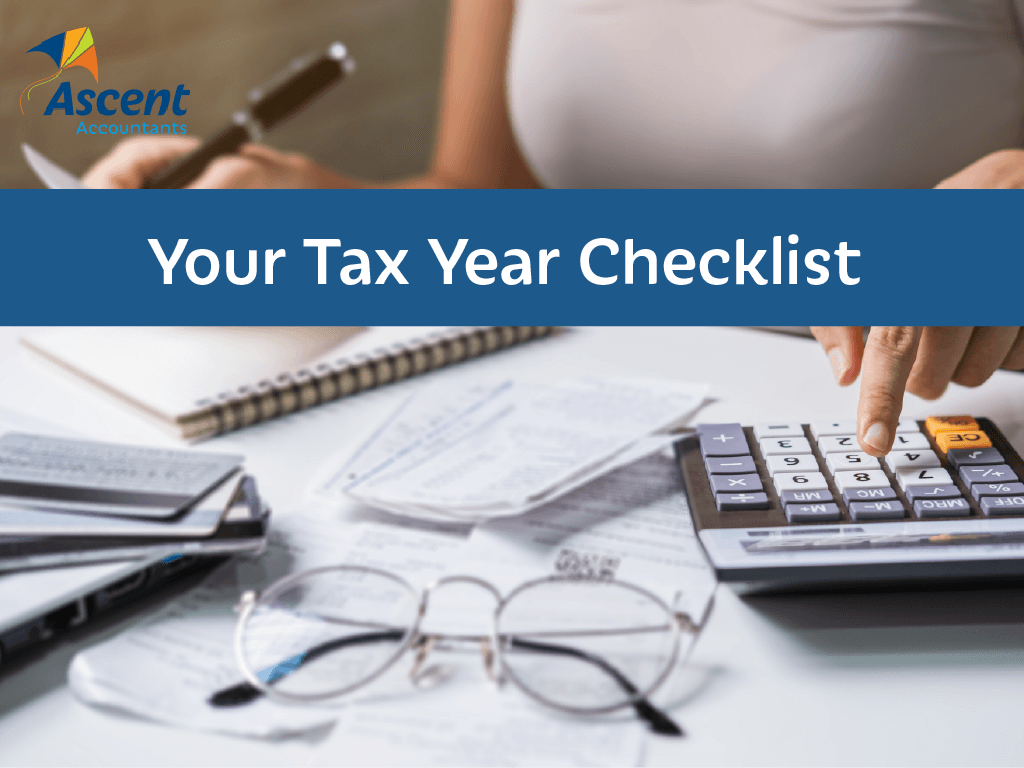Your Tax Year Checklist

With so much to organise before End of Financial Year, June is a busy time for businesses across Australia. From absolute essentials to areas we strongly recommend, the below list may be helpful as a reminder of what you’ll need to do in the next few weeks.
Tax year checklist
- June 30 — final private use / FBT calculations for BAS return.
- June 30 — bank reconciliations in your database.
- July 14 — Finalise STP declarations.
- July 28 — superannuation reconciliations to ensure the correct amount has been paid.
- Preparing payment annual reports for payment made to contractors for businesses in building and construction industry.
- Wages reconciliations.
- Bookkeeping.
- Business performance reviews.
- Planning and goal setting for the next financial year.
- Bonus agreements for tax minimisation based on financial targets.
- 2021/2022 budgets for your business (to ensure business goals are put in place so actuals can be analysed).
Don’t forget…
Superannuation is deductible for businesses when paid, so to get the deduction this year, staff super should be paid and cleared by the superfund before June 30.
Seem like a lot?
Well, it is. To top it all off, even minor mistakes can cost you greatly — in terms of time, resources, and finances — down the track. That’s why many choose to reach out for additional assistance to better manage time constraints and ensure everything has been done correctly. It’s a small investment that gives you peace-of-mind and more time so you can focus on other things.
If you’d like an extra pair of hands doing the grunt work, or even an extra set of eyes to look over where you’re at, contact us.
Need help with your accounting?

If your business interacts with the public — whether through customers, suppliers, events, or onsite work — public liability insurance can protect you against claims for injury or property damage. This generally covers legal costs and compensation, and although it’s not legally required, being sued for negligence can be costly (and bad for your business rep), so it’s highly recommended.

Co-owning a property can be a practical and financially beneficial arrangement, but when circumstances change, sometimes one party needs to jump ship. Whether due to financial strain, health issues, relocation, relationship breakdown, or differing property goals, it’s not uncommon for one co-owner to buy out the other. While this process may seem straightforward, there are several financial and legal considerations to consider.






